The Internet of Things (IoT) has emerged as the most sought-after technology ecosystem that promotes digital transformation. It has proved to be beneficial both for end users as well as businesses. In recent years, IoT adoption has skyrocketed in almost all industries. The IoT market is expected to grow from $662.21 billion in 2023 to $3,352.97 billion by 2030, with an annual growth rate of 26.1%[1]. The businesses adopting & offering IoT experience drive considerable improvement in operations while solving operational challenges.
From optimizing manufacturing processes to streamlining logistics and enhancing healthcare delivery to creating smarter cities, we’ll explore how integration of IoT can bring transformative impact across different industries. So, let us walk you through the IoT use cases across industries.
Why IoT is Important for Your Industry and How You Can Leverage It?
The integration of IoT solutions into business operations enables you to establish a controlling and monitoring ecosystem through effective communication and utilization of data.
With time and expanding business horizons, business owners often find themselves drawn towards more complex processes. This can result in reduced efficiency, a lack of agility, and the risk of maintaining stability, amongst other business challenges.
From enhancing interoperability to transforming business models and workflows, IoT-powered solutions are key to unleashing new opportunities while simultaneously ensuring business sustainability.
Here are a few key benefits of embracing IoT-powered solutions into your industry:
- Reduce Cost: IoT utilization in industry areas help in a multitude of ways to reduce costs. It allows you to detect inefficiencies in advance to minimize hindrances in the process, leading to a reduction of wastage, savings on resources (labor) by automating repetitive tasks, optimized operations, and many more benefits.
- Improved Operational Efficiency: The implementation of IoT use cases in the industry empowers you to leverage benefits in the form of improved operational efficiency. IoT sensors or devices transmit data in real-time, making it easier to identify bottlenecks and ensure operational optimization. Automation of repetitive activities and smooth communication between devices ensures seamless execution of operations.
- Better & Quick Decision Making: The key role of IoT is to generate data and transmit it over a network. With deep analysis, you can go beyond converting it into insights and uncover the most usable opportunities to streamline operations in a much better way, enabling data-driven decisions.
- Enhanced Customer Experience: Top IoT use cases implementations allow industries to build personalized interactions with customers by gathering data on their behaviors and preferences. This opens the door for enhanced customer services and allows businesses to treat customers as a king with proactive responsiveness and support.
IoT Use Cases Across Industries
As per the latest analysis of McKinsey, IoT is projected to significantly outpace expectations in adding value to B2B applications. It has been expected that by the end of 2030, approximately 65% [2] of the estimated IoT value will be realized.
Industries such as healthcare, manufacturing, retail, transportation & logistics, and many others are looking forward to exploring the Internet of Things use cases. Discover ways to extract value from IoT-based applications that not only optimize operations but also simplify processes, making them more impactful and beneficial. Let’s take a look at the best IoT business use cases for different industries.
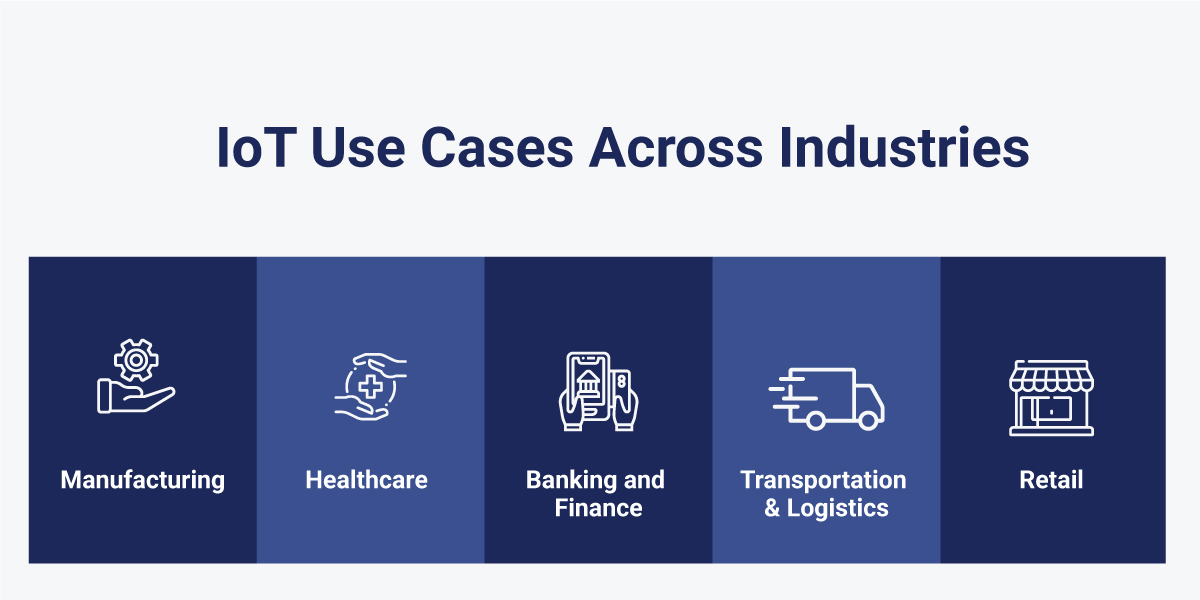
IoT Use Cases in Manufacturing
IoT in manufacturing industry significantly holds potential in multiple aspects of operational workflow. From process improvement to monitoring equipment and maintenance initiatives, with the integration of IoT, manufacturing industry primarily focuses on increasing operational efficiency. IIoT, which refers to Industrial Internet of Things, enables the use of smart sensors and actuators to enhance manufacturing and industrial processes.
Here are key use cases of IoT in manufacturing industry that you can embark on.
- Assets Tracking: Assets–such as machinery, equipment, and tooling are the center of operations in the manufacturing industry. IoT-enabled asset tracking applications facilitate manufacturers to receive key updates on assets’ performance & health and monitor them closely to reduce downtime. With the assurance of asset safety, IoT ushers modern supply chains to execute seamlessly, optimize an end-to-end logistics cycle, and manage inventory levels.
- Fleet Management: IoT enabled fleet management solutions helps to collect data through inserted sensors in real-time on various variables, including vehicle location, fuel consumption, engine health, acceleration, etc. With this data, you will be able to manage fleet operations more efficiently than ever, allowing you to optimize route planning and improve vehicle performance and utilization.
- Inventory Management: The transformative power of IoT in inventory management helps save costs by approximately 15% and increase turnover by 10%. It enables robust management of goods flow, optimal inventory levels, and timely fulfillment of customer orders with real-time visibility of stock.
- Workforce Safety & Security: Through wearable devices, IoT plays a major role in developing a safer workplace by providing real-time monitoring of the environment. It sends alerts or notifies workers and management-level in abnormal scenarios, tracks the location of field workers, and speeds up the rescue process with data-driven insights.
IoT Use Cases in Healthcare
With the integration of IoT in healthcare industry, it has advanced dramatically in recent years. Healthcare services providers can track their patient’s care and specific needs. Today’s IoT technologies have a wide range of applications in healthcare, but there’s an urgent need to use them with ideal use cases.
Here is the top use case of IoT in healthcare sector.
- Remote Patient Monitoring: Smart gadgets like IoT-enabled wearable devices, smartwatches, and sensors on medical equipment transmit all health-related data, such as heart rate and blood pressure to doctors and concerned individuals, allowing for instant monitoring and intervention as needed.
- Drug Management: Leveraging IoT remote refrigeration monitoring system, the healthcare industry can improve drug tracking and management. It can also automate drug inventory management by minimizing the chance of understocking and overstocking through the analysis of reports on drug consumption and requirements.
- Smart Beds: Hospitals, clinics, and healthcare service providers prioritize the concept of smart beds to provide patients with the best care at home or on the premises. Smart Beds are built with sensors and connectivity features to power up doctors to offer remote and personalized care to the patient, get body vital signs, and intervene promptly if necessary.
IoT Use Cases in Banking and Finance
The future of the banking industry is going to offer more convenience to users, and IoT will be the core technology driving this revolution in banking and finance by supporting the fintech concept. Focused on digital customer experience with enhanced security, automated processes, and data-driven analytics, IoT offer numerous benefits to banking and finance at each phase.
Now, let’s explore some leading Internet of Things use cases in the banking and finance industry.
- Digital Banking Channel: The emphasis on digital banking is to create a way to enhance customer experience. IoT in banking and finance give customers freedom to go for contactless payment, allows them to securely login to their bank account biometric authentication, gives personalized services based on location, etc.,
- Cybersecurity & Fraud Prevention: To enhance security and reduce cyber-attacks, the installation of surveillance cameras on-premises as well as deploying IoT to monitor networks for any suspicious activities, are crucial measures. Motion sensors, access control systems, etc., are some of the best uses of IoT in fraud prevention.
- ATMs: The IoT ecosystem in ATMs makes tasks simpler and easier for the banking industry. Connected devices and sensors can make ATMs more intelligent, secure, and easy to operate. Smart ATMs can do self-observe of downtime, trigger notifications and offer personalized customer interactions.
- Smart Branch Ecosystem: The IoT-powered branch is an in-demand use case among banking and financial services providers. A smart branch workspace is equipped to offer personalized customer services, monitor queues to minimize waiting times, optimize operations, enhance security factors, and much more.
IoT Use Cases in Transportation & Logistics
IoT has already brought tremendous success to the transportation and logistics industry. Its significant influence in this sector has led to a prediction that the IoT in logistics and transportation market size will be worth $63.7 billion, with a compound annual growth rate of 12.4% by 2026 [3].
Here, we have listed out IoT use cases in telematic industry:
- Shipment Tracking and Management: Wireless devices like RFID and GPS sensors allow logistics companies to track shipment locations in real-time, aiding in route optimization based on collected data of traffic and weather patterns to minimize delays.
- Smart Ports and Terminals: Integrating GPS trackers, RFID tags, temperature sensors, motion detectors, and cameras allows transportation and logistics companies to optimize the flow of goods and efficiently transmit information between cargo terminals, ships, and other parts to improve operations.
- Smart Warehouse & Distribution Hub: IoT solutions in warehouses offer a bundle of opportunities to streamline the good flow, reduce delayed ratios, and enhance visibility on stock availability. Smart warehouses or distribution hubs are linked with IoT-enabled sensors, devices, and gadgets that capture real-time data, providing on-field operators with a wealth of information for better management, maintenance, and visibility.
IoT Use Cases in Retail Industry
This industry is among the early adopters of IoT devices and apps. From smart tags to innovative inventory management to proximity-based promotions; we’ve witnessed the entire purchase and customer profiling process with self-service capabilities.
Let us walk you through key capabilities of IoT in the retail industry with the listed use cases:
- Facility Management: By integrating IoT-based sensors and devices into facilities, owners can maintain hygiene by analyzing foot traffic patterns collected from entry gates. This data enables smarter product management and placement. Additionally, this technology aids in maintaining the physical safety and security of shops.
- Supply Chain & Logistics: IoT-deployed ecosystems enhance the overall efficiency of retail businesses. Integrated IoT devices offer in-depth visibility into product shelves, transit routes, and warehouse operations. Across the IoT cloud, sensors collect data on shipment location, distance traveled, ETA, humidity, and other crucial aspects to ensure better management and business continuity.
- Automated Checkouts: The world of the retail industry revolves around customer experience. By adopting an IoT-powered self-checkout system, stores can automate the entire checkout process, eliminating the need to wait in long queues and offering a personalized customer experience.
How Rishabh Software Can Help You Implement IoT in Your Business?
We cover the entire lifecycle of the Internet of Things (IoT) initiatives from requirement engineering to architecture design and platform & app creation to testing & support. We partner with organizations, from startups to mid-size & large corporations to offer custom IoT app development services and solutions. From IoT consultation to IoT solution deployment and maintenance, as a prominent IoT consulting company we strive to build connected environments for industries. We unlock the full potential of IoT with our proficiency in technology areas, offering various industries a wide range of visibility, agility, and future sustainability.
Frequently Ask Questions
Q: What is Internet of Things (IoT)?
A: IoT (Internet of Things) refers to a network of physical objects that are embedded with sensors, devices, and software to connect and exchange data with other systems over the net. It talks about the multitude of physical devices around the globe that are connected through the internet. Also, the IoT-enabled devices that are utilized for connection and exchange of information could be routine household things or sophisticated industrial instruments.
Q: What are the latest IoT trends to watch in 2024?
A: IoT is an in-demand technology across various industry verticals. With each passing year, IoT continues to amaze every sector with its capabilities of transforming the way industry functions, so wondering about future IoT trends is a common question on many minds. Here are the key technology trends in IoT that we can expect to see in the near future:
- AI and ML integrated with IoT systems enable intelligent usage of solutions, predictive maintenance, and efficient decision-making.
- 5G connectivity to smartly enhance IoT capabilities through secure and faster network connectivity & support high-volume device connection.
- Edge computing in IoT solutions is a game changer for industries. In the upcoming years, the combination of these pioneering technologies will unlock the potential to enhance operational efficiency.
- AR and VR are dominating technologies that will cover the realm of IoT solutions, delivering powerful integrated systems to industries.
Q: What challenges do industries face while integrating IoT solutions?
A: Facing challenges while implementing IoT solutions into your business processes is common yet crucial to handle thing. Challenges like data and infrastructure security, lack of skills and expertise, data dilemmas, customization of applications, and many more may arise. But, note that all these challenges can easily be addressed by collaborating with the right tech partner.
Footnotes:
1. https://www.fortunebusinessinsights.com/industry-reports/internet-of-things-iot-market-100307
3. https://www.transparencymarketresearch.com/internet-of-things-in-logistics-market.html
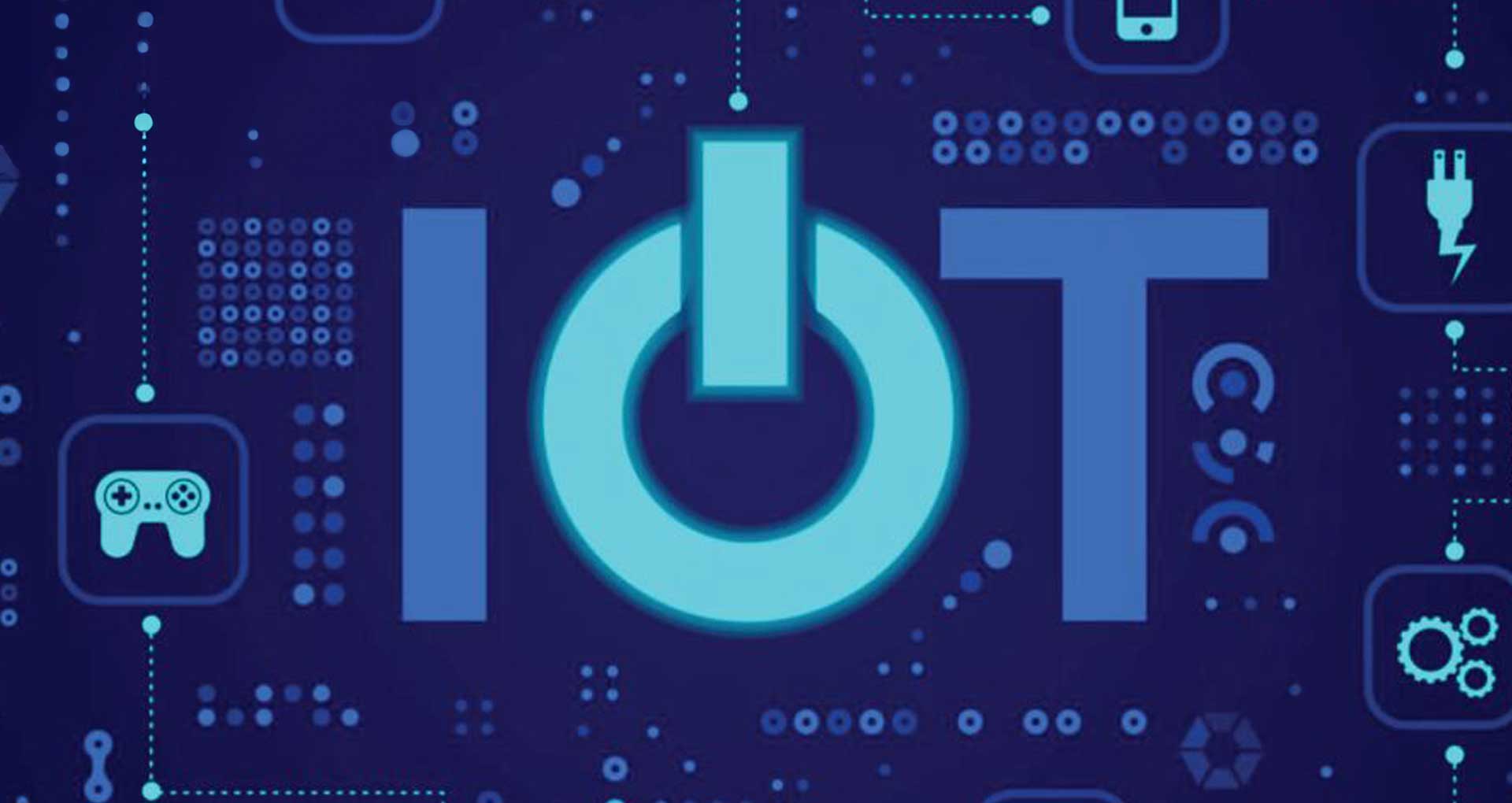
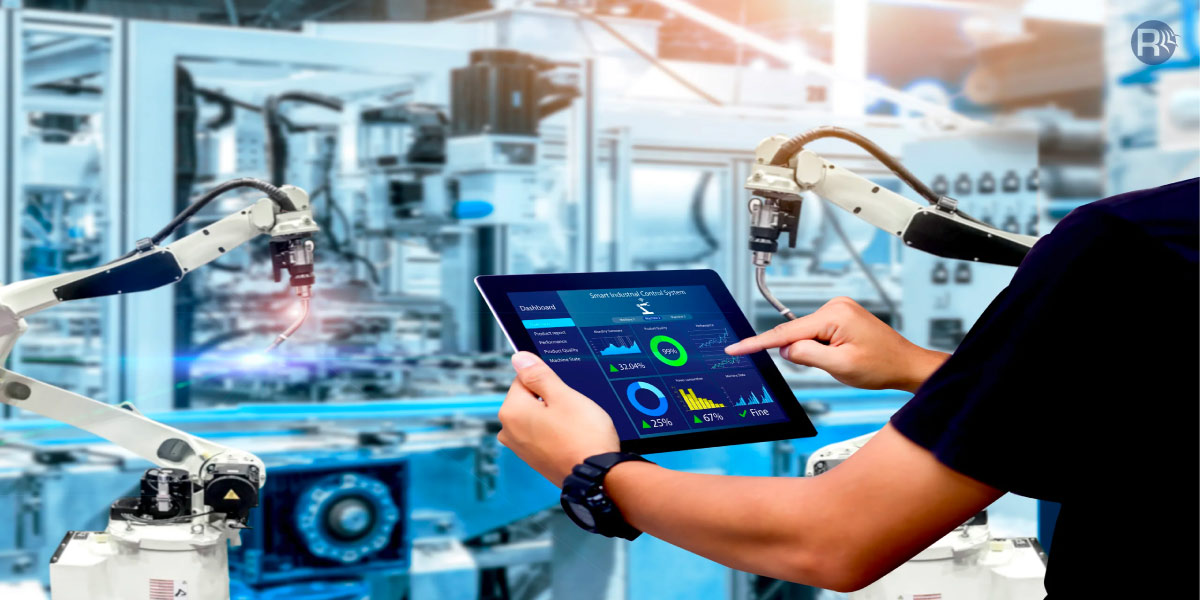
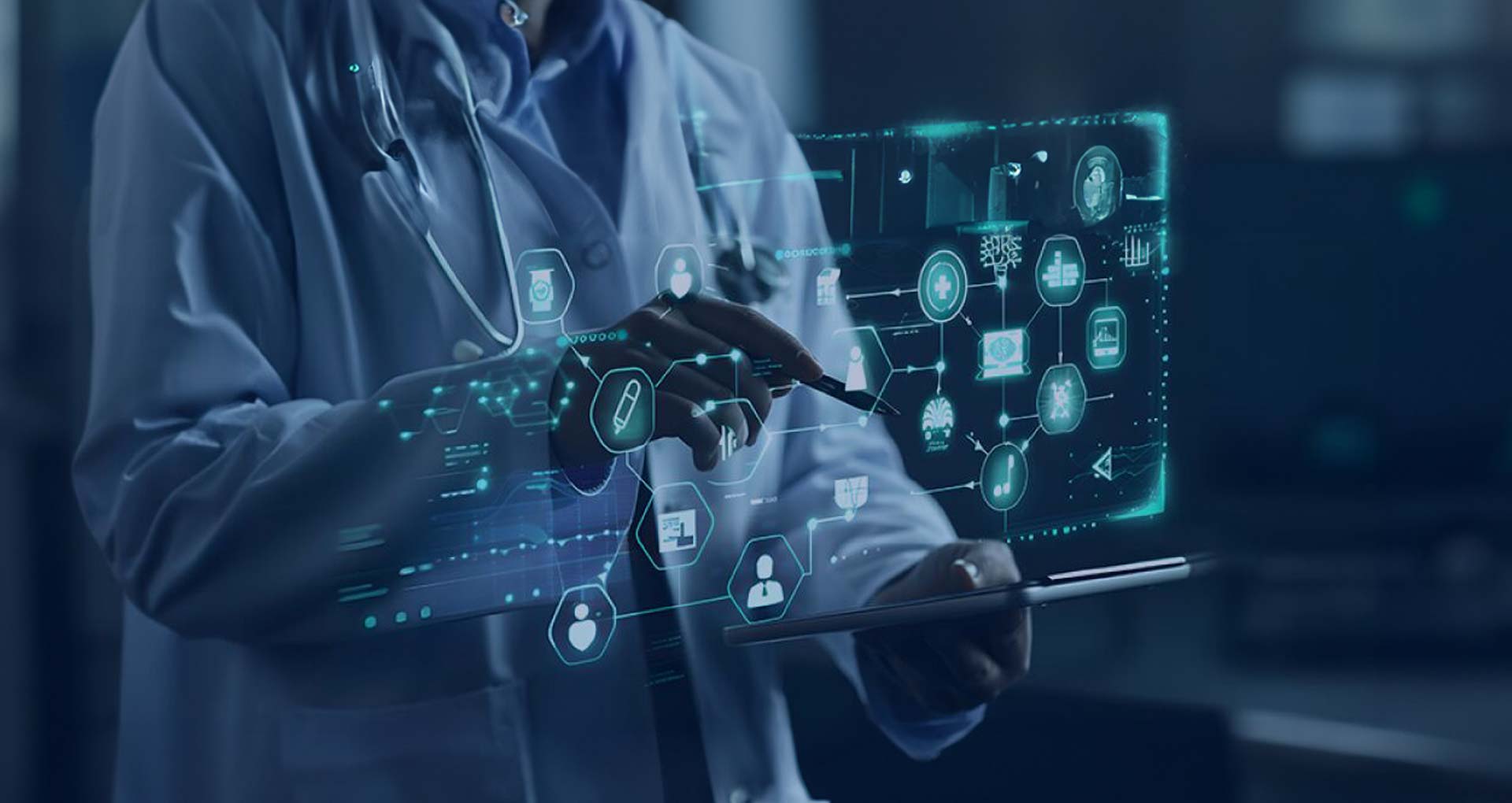
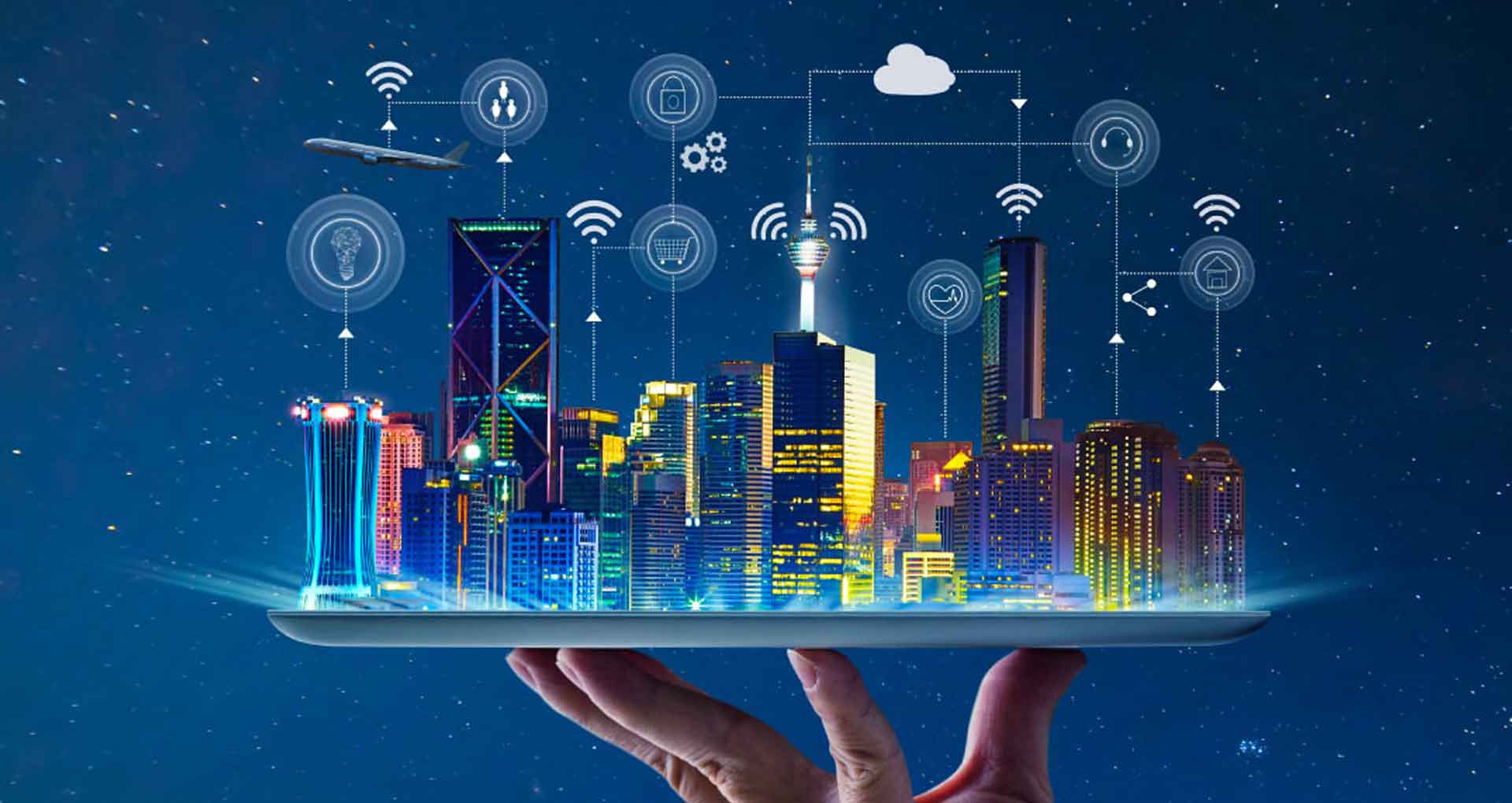
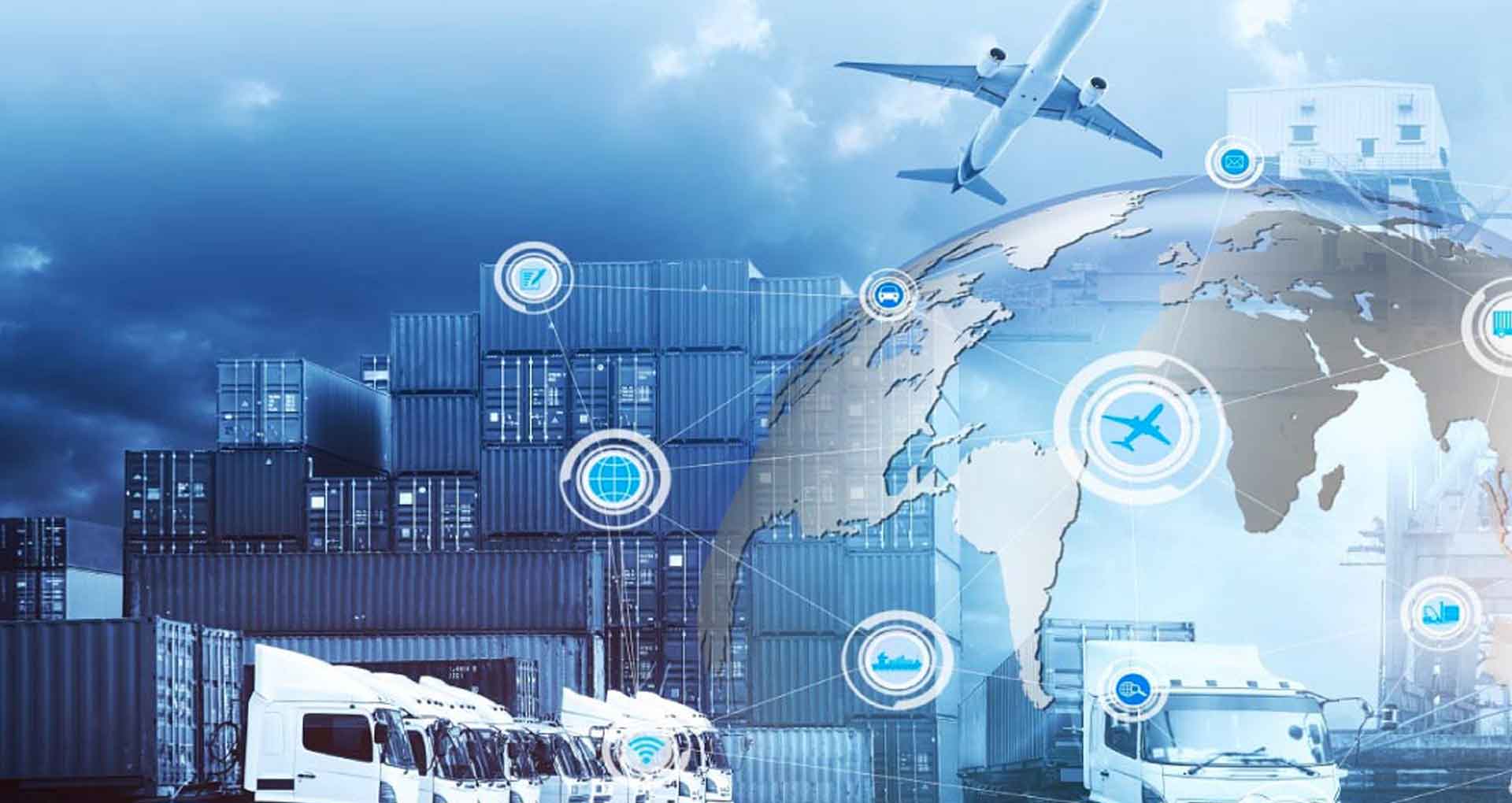
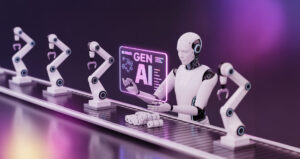
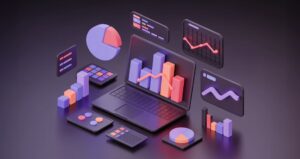
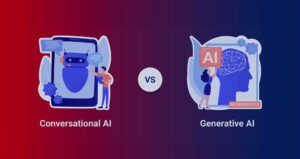


 30 Min
30 Min


